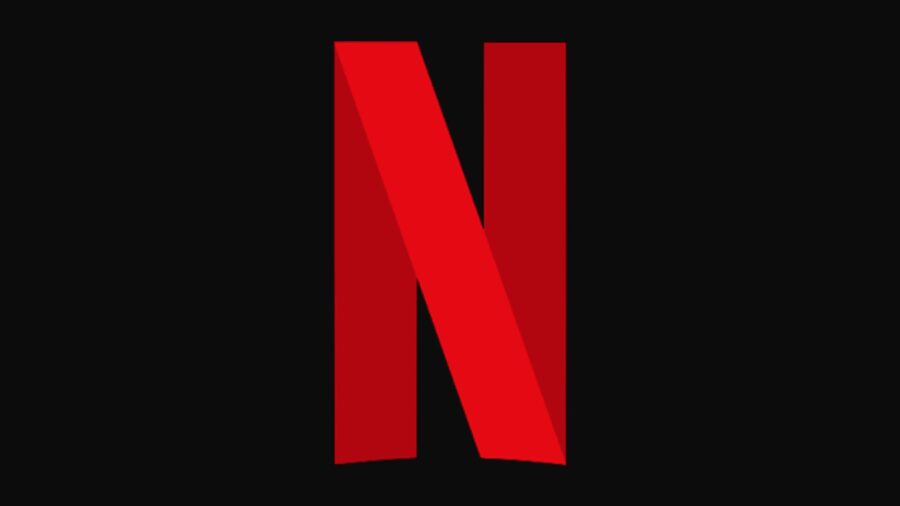Netflix Just Took Another Embarrassing Loss
Oh how the mighty have fallen.
This article is more than 2 years old

It’s been a tough year for Netflix, as the video streaming giant has suffered significant subscriber loss and bad publicity in the United States. Now, it seems their bad juju is spreading overseas, where they are losing ground to their upstart competitors. According to a new report in Variety, Apple TV+ and Disney+ are making huge strides in Great Britain, adding subscribers at a record rate, while Netflix struggles to gain any new subscribers at all.
A new survey by the Broadcasters’ Audience Research Board (BARB) found that Apple TV+ and Disney+ were the top services in gaining subscribers, with Apple seeing a 27% jump in subscribers in the first quarter of this year, compared to the fourth quarter of 2021. Disney saw a 19% jump in new subscribers in the first quarter of this year over 2021’s fourth quarter. By comparison, Netflix only saw a 3% gain in subscribers for the same time period.
It isn’t all bad news for Netflix. They are still the top streaming service in the U.K., with 17.29 million customers. Its next closest competitor, Amazon Prime Video, has 13.35 million subscribers, who saw a 6% jump in subscribers for the first quarter of the year. Disney+ now has a subscriber base of 6.53 million homes, and Apple TV+ has 1.57 million subscribers. It could easily be argued that Netflix’s slow growth is due to market saturation: over 50% of British households have a Netflix subscription, a percentage similar to the United States, where 52% of all households have a Netflix account. However, nearly 69% of all British households have a subscription to a streaming service, meaning nearly 20% of households that could stream Netflix are actively choosing not to. Only 46% of British households are choosing to subscribe to two or more services, meaning they are very picky about the services they sign up for.
In addition, Netflix is also losing subscribers at higher rates, a trend seen in the U.S. and England. In a business where content is the name of the game, Netflix has faltered in recent years, with only a handful of breakout hits among dozens of original programming titles that premiere each month. For every Squid Game that becomes a phenomenon, there are numerous films and series that falter. With Netflix spending an estimated 18 billion dollars on original programming this year (yes you read that right), it is not getting its bang for the buck in returns, particularly with new subscribers.

Netflix has seen a significant drop in its stock price this past year, as its troubles mount. As of today, the price of a single share of Netflix stock is $180.45, down 65.61% over the last twelve months. In April, within the span of a week, the price dropped from about $350 a share to under $200. Fueling this nosedive was a report that Netflix had lost over 200,000 subscribers in the first quarter of 2022 in the United States. Netflix has had to endure massive subscriber cancellations in response to controversies. In late 2020, Netflix saw an 800% jump in cancellations after it released an original film called Cuties, which many said promoted pedophilia. It featured a group of young girls, some as young as ten years old, who form a dance team, with sexually provocative dance moves. Although meant to be a comedy, many parents were offended, at a time when child sex trafficking and online solicitation of minors are reaching all-time highs. With services like Disney+ offering exclusive access to family-friendly content, including their classic animation library, Netflix is losing out on a large segment of potential subscribers. With Disney owning Star Wars and Marvel, and Amazon Prime Video acquiring MGM’s library of movies and shows, it appears Netflix will need more than Stranger Things to win new subscribers and hold off the competition.











